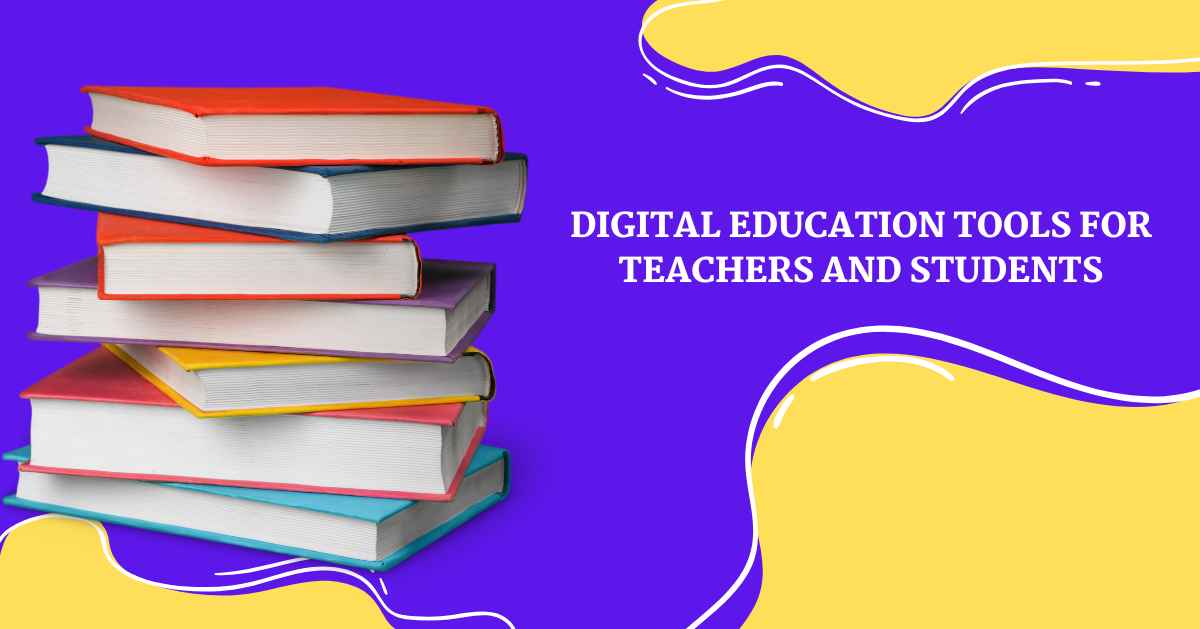Teacher Lesson Plan: Making Teaching Better with Clear and Fun Lesson Plans

Teacher lesson plans are carefully crafted to guide teachers in their teaching, making sure they stay focused on what students need to learn. These plans keep teaching consistent and ensure it meets curriculum standards and educational goals. We set clear learning goals so teachers can adjust when unexpected things happen while sticking to the lesson’s main structure.
Teachers have a lot on their plate, from making lesson plans to handling paperwork and running classrooms. Our experts create valuable lesson plans that help teachers teach better and connect more with students. With our lesson plan solutions, teachers save time and get access to well-prepared, interesting lesson plans.
What is the Teacher’s Lesson Plan?
A Teacher Lesson Plan is a detailed outline that educators use to guide their teaching in the classroom. It typically includes objectives for what students should learn, activities and materials needed, instructional strategies, and assessment methods to evaluate student understanding. The plan helps teachers stay organized, ensure they cover necessary content, and adapt to students’ needs during the lesson.
Importance of Lesson Planning
Lesson planning is crucial for several reasons:
Organizational Structure: It provides a structured framework for teachers to organize their teaching materials, activities, and time effectively.
Clarity of Goals: Helps teachers define clear learning objectives and outcomes for students, ensuring that teaching aligns with curriculum standards and educational goals.
Adaptability: Allows teachers to anticipate challenges and adapt their teaching methods based on students’ needs and understanding during the lesson.
Time Management: Facilitates efficient use of class time by outlining what needs to be covered and when preventing time wastage.
Student Engagement: Well-planned lessons are more engaging for students, as they are designed to be interactive, interesting, and relevant to their learning needs.
Assessment Alignment: Helps in designing assessments that accurately measure student progress toward learning goals outlined in the lesson plan.
[Read More: Advancements in K-12 Education: Challenges and Opportunities]
How to Write a Successful Teacher Lesson Plan: Step-by-Step Guide
Writing a teacher lesson plan involves several key steps to ensure effective teaching and learning outcomes. Here’s a structured approach:
Identify Objectives: Define clear learning objectives. What should students know, understand, and be able to do by the end of the lesson?
Assessment: Determine how you will assess whether students have achieved the objectives (e.g., through quizzes, discussions, projects).
Materials and Resources: List all materials needed for the lesson, such as textbooks, handouts, multimedia resources, and any technology tools.
Introduction: Start with an engaging introduction to capture students’ attention and provide context for the lesson.
Lesson Content: Break down the main content into smaller sections or topics. Include explanations, examples, and activities that facilitate understanding.
Activities and Strategies: Plan activities and instructional strategies that support the learning objectives. Consider using a variety of methods like discussions, group work, or hands-on exercises.
Differentiation: Account for different learning styles and abilities. Plan how you will differentiate instruction to meet the needs of diverse learners.
Closure: Summarize the key points of the lesson. Ensure students understand the relevance of what they’ve learned.
Homework or Follow-up: Assign homework or suggest follow-up activities that reinforce the lesson’s concepts.
Reflection: Reflect on the effectiveness of the lesson plan after teaching it. Consider what worked well and areas for improvement.
Alignment: Ensure the lesson plan aligns with curriculum standards or educational goals.
Flexibility: Prepare to modify the teaching schedule according to the reactions and requirements of the students throughout the lesson.
Weekly Lesson Plan
A weekly lesson plan is a detailed plan for what teachers will teach each week. It helps teachers prepare everything in advance without any delays.
Our service includes:
- Standards and objectives are listed at the top of the plan.
- Key questions to be answered this week.
- Daily activities with short descriptions.
- Assessments like unit exams or special projects for the week.
Unit Plan
A unit lesson plan is a detailed guide that covers an extended period, like days or weeks. It focuses deeply on teaching a broader topic or subject. Our unit plan includes:
- Unit title, grade level, subject, and duration.
- Overview and objectives of the unit.
- Materials like textbooks.
- Assessments and ways to adapt teaching methods.
The plan is organized by days (Week/Day 1, Week/Day 2, etc.), allowing thorough teaching of the subject. This approach ensures students have enough time to explore, understand, and use the information effectively.
Inquiry-Based Lesson Plan
These lesson plans are designed for science teachers and focus on hands-on activities and experiments. Our experts design these plans to assist teachers in facilitating learning, not just instructing.
The lesson plan includes:
- Objectives at the top.
- Specific tasks for students to finish in every lesson.
- Hands-on problem-solving through group work, experiments, or stations.
Educators are advised to pose queries that stimulate curiosity, encourage conversations, and deepen students’ understanding of the topics covered in class. This approach enhances the learning experience by actively engaging students in their learning process.
[Read More: Guide to K-12 Education in India for Parents & Students]
Benefits of Teacher Lesson Plans
Using teacher lesson plans effectively enhances teaching by providing structure, focus, and adaptability. Boosts student engagement, learning, and achievement. Here are some key benefits:
1. Structured Learning: Instructors use lesson plans to organize their classes, making sure they cover all the topics and activities within a schedule.
2. Time Management: They help teachers manage their time efficiently by ensuring each part of the lesson receives appropriate attention.
3. Resource Organization: Including lists of materials and teaching aids makes it easier for substitute teachers to step in seamlessly, maintaining consistency for students.
4. Professional Development: Creating lesson plans encourages educators to research, learn, and improve their teaching skills and subject knowledge.
5. Student Engagement: Well-designed plans incorporate interactive elements that enhance student participation and interest, catering to diverse learning abilities.
6. Differentiation: Teachers use lesson plans to include strategies that accommodate different learning styles and abilities, ensuring all students have opportunities to succeed.






